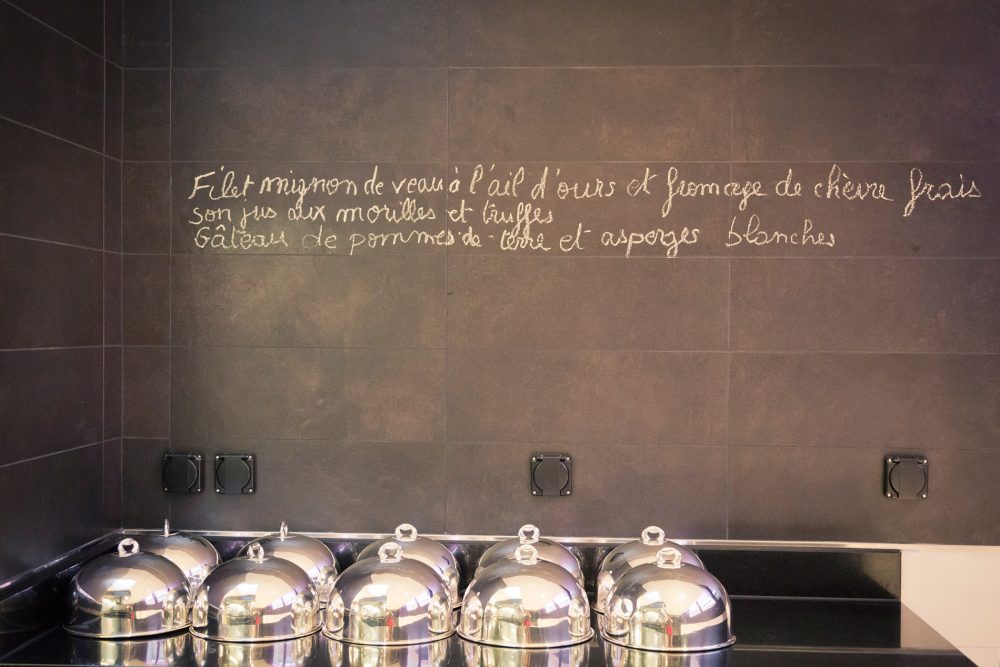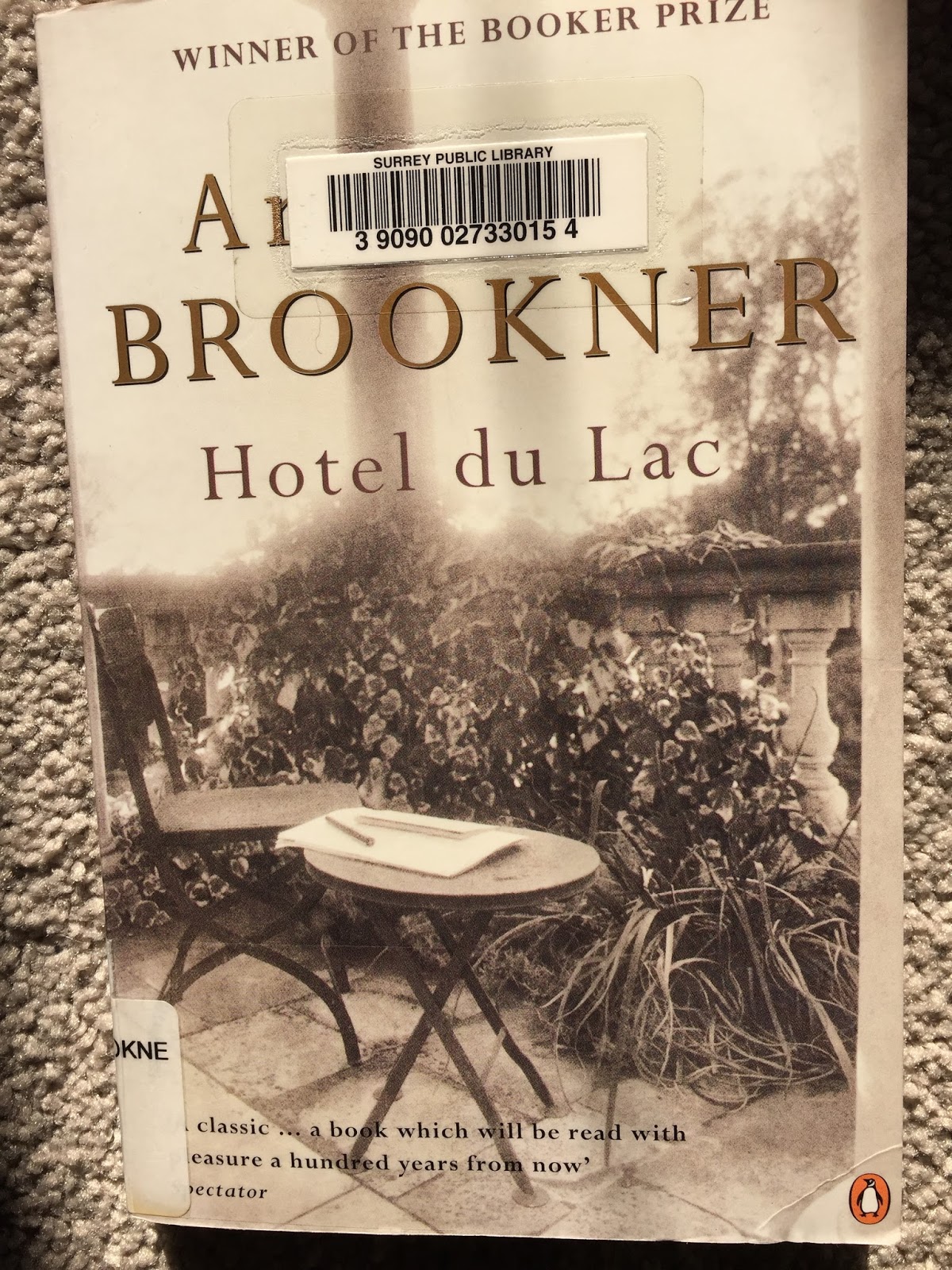


This Edith is happy to do, partly because it allows her to observe an ‘alien species’, the study of human behaviour being a key component of her craft. In return, Edith soon realises that she is to be an audience for Mrs Pusey’s views – a series of opinions, reminiscences and judgements on various aspects of life. New residents are occasionally accepted, but only on the recommendation of known parties.Īt the end of her first evening, Edith is ‘adopted’ by Iris Pusey, a glamorous, well-dressed woman of commanding personality and indeterminate age. The sort of place that doctors know about, where troubled or troublesome relatives can be sent for a period of rest and recuperation.

It is late September, out of season, and the hotel is a sparse, soulless place, a bastion of respectability and privacy. (The reason for Edith’s exile is eventually revealed, but not until the last third of the book, so I shall endeavour to avoid any spoilers about this.) Right from the start, it is clear that Edith has been banished from her sector of society, sent away to reflect on her misdemeanours, to become herself again following some undisclosed scandal.Įdith Hope, a writer of romantic fiction under a more thrusting name, remained standing at the window, as if an access of good will could pierce the mysterious opacity with which she had been presented, although she had been promised a tonic cheerfulness, a climate devoid of illusions, an utterly commonsensical, not to say pragmatic, set of circumstances – quiet hotel, excellent cuisine, long walks, lack of excitement, early nights – in which she could be counted upon to retrieve her serious and hard-working personality and to forget the unfortunate lapse which had led to this brief exile, in this apparently unpopulated place, at this slowly darkening time of the year, when she should have been at home…(p. The level of precision is remarkable, particularly in relation to detail and character.Īs the novel opens, Edith Hope – an unmarried writer of romantic fiction – has just been packed off by her respectable, interfering friends to the Hotel du Lac, a rather austere, traditional hotel of high repute in the Swiss countryside. Revisiting it now, I see it as a very different book – much more interesting and closely observed than it seemed on my first reading.

At thirty-nine, Edith Hope (the central character) seemed middle-aged, old before her time – something I found difficult to connect with in the foolishness of my youth. I was in my early twenties at the time – clearly much too young and lacking in life experience to fully appreciate the book’s many nuances and subtleties. My first experience of this novel was back in the mid-‘80s, shortly after it had won the Booker Prize.


 0 kommentar(er)
0 kommentar(er)
